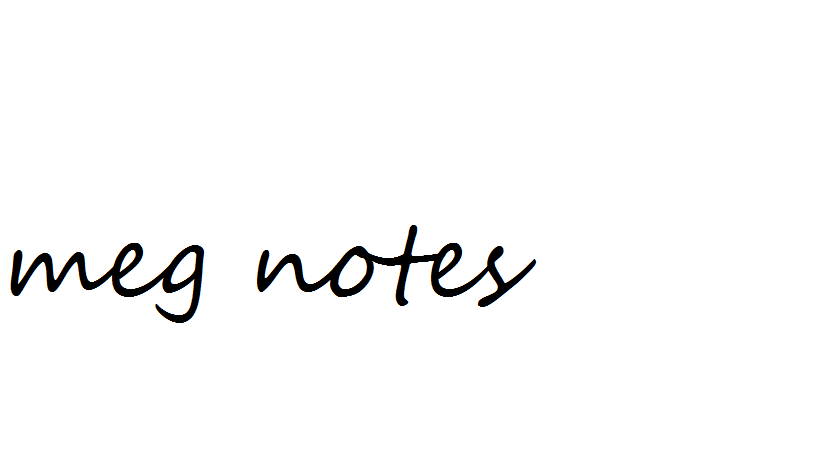I. I took my son to Arlington Cemetery for the
first time a few weeks ago. My father was in town, and we decided to visit his
grandfather’s (my great-grandfather’s, my son’s great-great-grandfather’s)
final resting place.
Arlington can be a maze, with the
dazzling rows of white crosses bewildering those who seek a specific name. I had
been to Arlington to find my great-grandfather’s grave before, and had a general
idea where we were going (but still, we had to backtrack to find it).
Once there, my son clamored to get
out of his stroller, so we let him crawl among the headstones, his dumpling
hands reaching for fallen leaves in the prickly spring grass.
“You know that old curse? About
how ‘I’ll dance on your grave’?” my dad said as we watched that sweet baby boy.
“I can think of a blessing—May your great-great-grandchildren crawl on your
grave.”
II.
The first time I ever told my (future) husband I
loved him was in a cemetery overlooking Utah Lake. He had taken me to the cemetery
since it was a gathering spot for his family—his grandparents had chosen burial
plots there, and, even though it would be a few years before their death, the cemetery
was already a peaceful place for family gatherings, beneath the cragged Wasatch
peaks.
I know some people might think that strange, to profess love in a
cemetery. But love is not meant only for the land of the living. It is what
ties us to the dead.
III.
The first time I ever visited a Ukrainian
cemetery was outside of Mariupol, at the seaside dacha of a friend’s
mother. We had gone to help our friend’s mother with yardwork. It was mid-May,
not yet summer, and the sea breeze drifted into the garden as we pulled weeds, and
spilled into the kitchen where our friend’s mother sliced radishes for a salad.
Close to their dacha was a plot of land which served as the village
cemetery. Our friend took us to see it (why, I cannot remember anymore—was it
because a friend or family member was buried there? Was it to satisfy a Westerner’s
curiosity? Was it because another one of our Ukrainian friends wanted to see
the cemetery? I wish I could remember, but I can’t).
I had never seen a Ukrainian cemetery before. While a few crosses marked
the dead, I mostly saw slabs of dark stone with the faces of the deceased
embossed on the stone, their names in Cyrillic, the Orthodox cross signaling belief
and tradition. There were flowers—wilted, fresh, and silk—and a few gravestones
had food and drink surrounding them, remnants of Radonytsya (a Ukrainian
tradition the Sunday after Easter, where family and friends honor the dead with
their favorite food and drink).
We did not stay long, but it made me realize how disconnected I was from
my own dead. One of my grandfathers was buried two thousand miles away from
where I lived; my other grandfather was buried fifty miles away. I did not have
the opportunity to visit their graves regularly, to think about their lives and
their love for me. What would it be like to be so connected to a place, that
generations were buried alongside each other? It seemed so grounding, so holy,
even. Certainly, that Ukrainian
cemetery, outside of Mariupol, drenched in sunlight and sparkling with sea air,
was a holy place, where the living honored their dead, young and old, small and
great.

IV.
Mariupol is a necropolis now. A ghost town,
where even mass graves are being burned by marauding Russian troops to hide their
atrocities. The number of dead is shattering to me. As of April 13th,
the number is approximately 22,000 dead—killed by shelling, by starvation, by dehydration,
by exposure, by torture. I have broken down, weeping, more than once,
witnessing the suffering of the Ukrainians in Mariupol. I rejoice when I hear
that another one of my friends (or the friend of a friend) has escaped. I fear
the worst for those I haven’t heard from since early March. I grieve for the
friends who have lost loved ones—who will never know where their loved ones’
remains are located, who can never mourn at a funeral or a gravesite.
V.
In Kharkiv, another besieged Ukrainian city two
hundred and sixty miles north of Mariupol, there is a memorial to those killed
during the Holocaust. On a representation of the Ten Commandments, the only
commandment engraved on those tablets, repeated over and over in multiple
languages: Thou Shalt Not Kill.
thou
shalt not kill
thou shalt not kill
thou shalt not kill
thou shalt not kill
thou
shalt not kill
VI. Ukraine’s story is not over yet. The dead and
the living will write the next chapter of Ukrainian history. But I mourn over
the injustices and evils inflicted on the Ukrainian people. I cry for their suffering,
for the children who will never grow old, for the children who have already
grown old.
And
I grieve, knowing so many will be unable to find and honor their dead; that their great-great-grandchildren will not be able to visit their graves.






